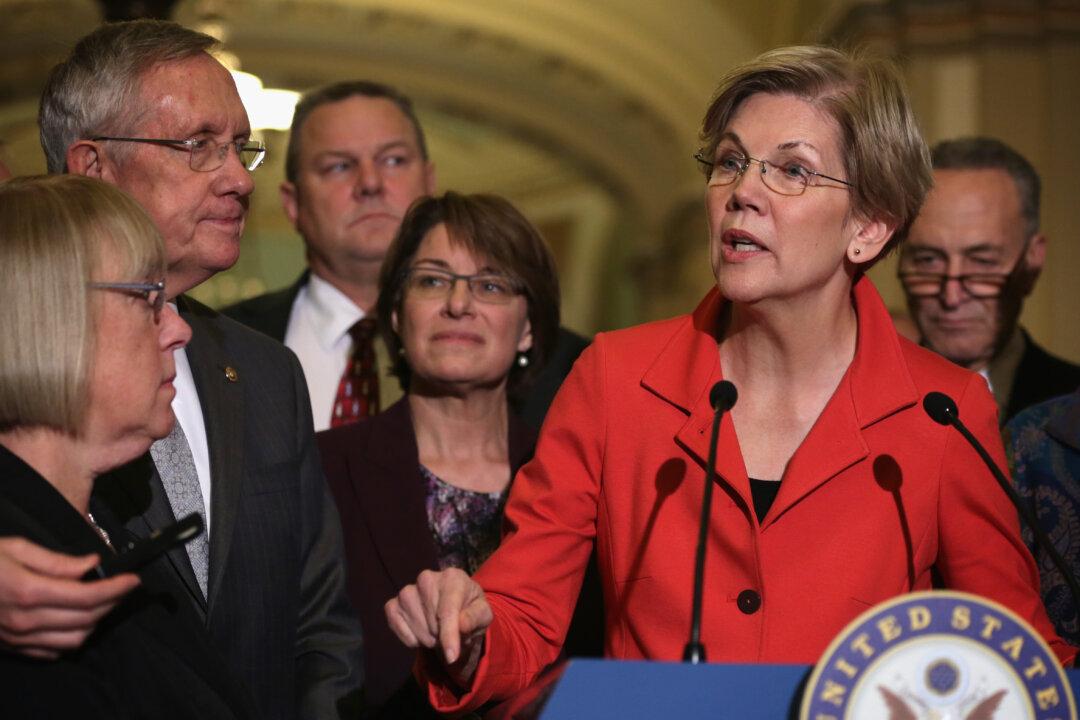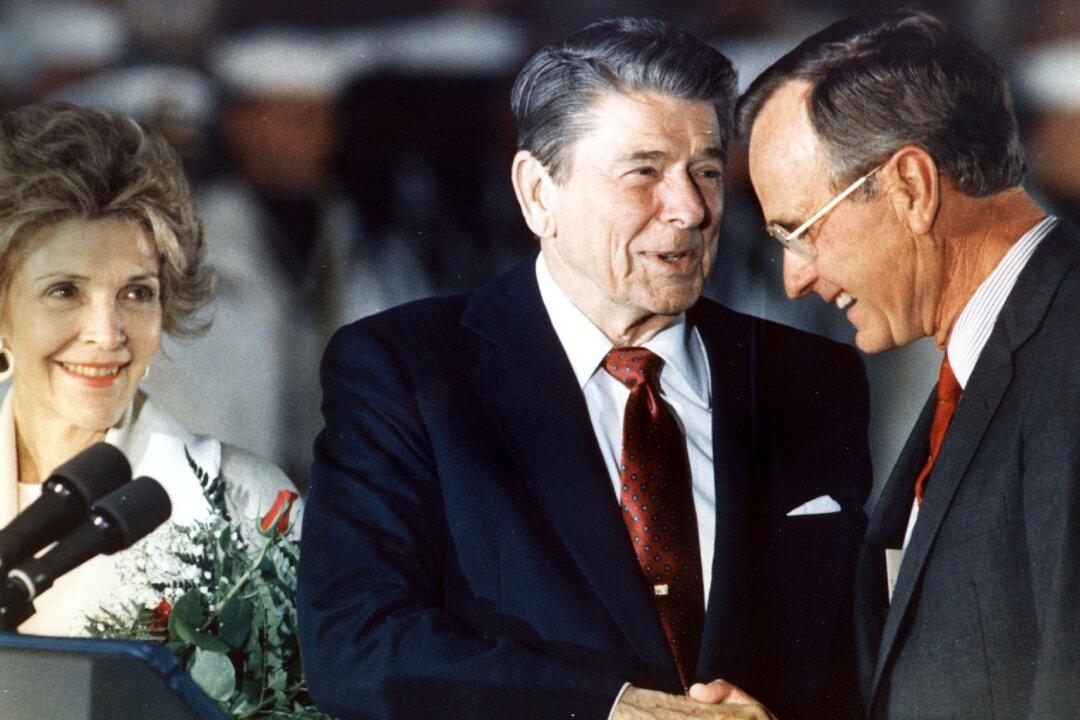Sen. Elizabeth Warren is delighting many Democrats with her populist rhetoric, but Republicans are the ones who should pay attention.
The movement to push Warren toward the presidential race is spearheaded by organizations like MoveOn.org, which earnestly believes that most voters want more of President Obama’s agenda: blame American engagement abroad, racism, and sexism, and the wealthy for all the problems of humanity.
No matter that after six years of his misplaced idealism, ISIL holds American hostages, North Korean dictator Kim Jong Un is Hollywood’s new censor, Al Sharpton and Attorney General Eric Holder have whipped up lethal mob hysteria about police, and nearly one in six men between the ages of 25 and 54 remains jobless and without hope.
Americans are angry. But while they may drub Obama in the polls, the strongest presidential candidate remains Hillary Clinton. And she is now salting her campaign speeches with populist rhetoric in deference to Warren’s appeal.
And Republicans don’t have an attractive response to Warren or Clinton.





